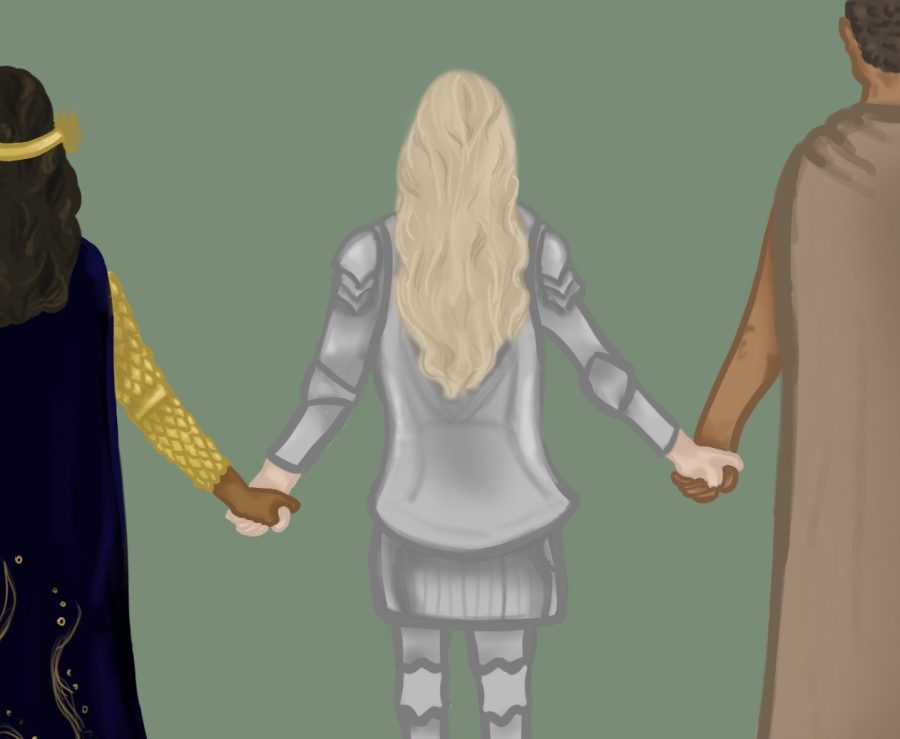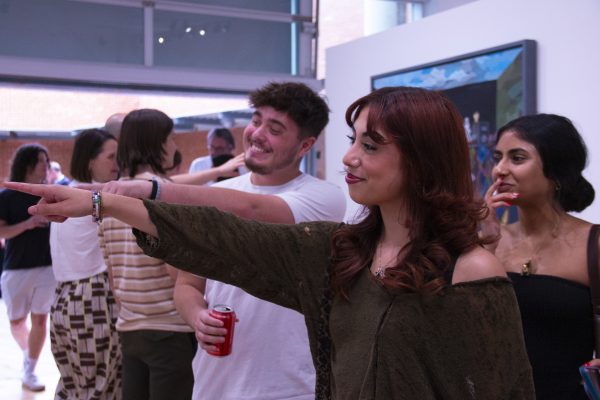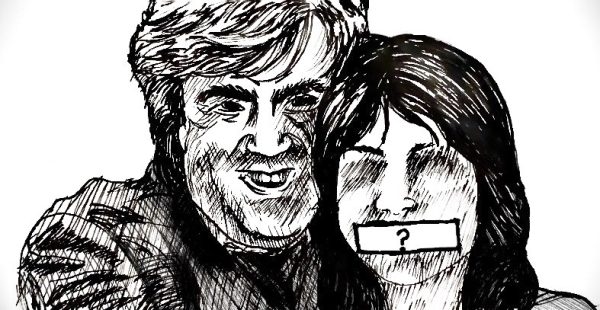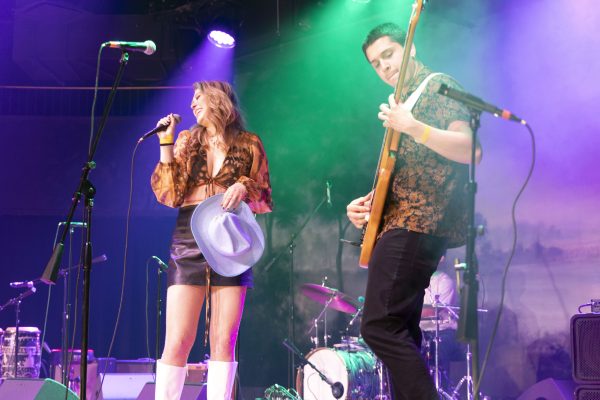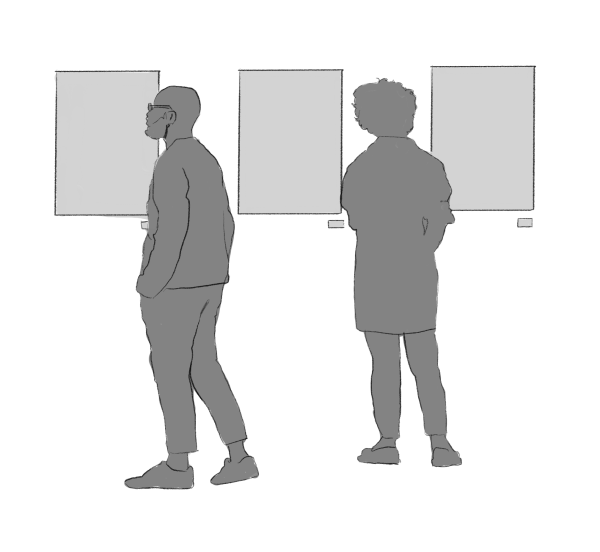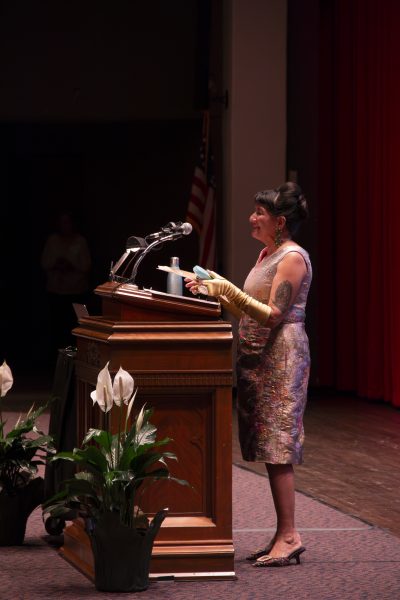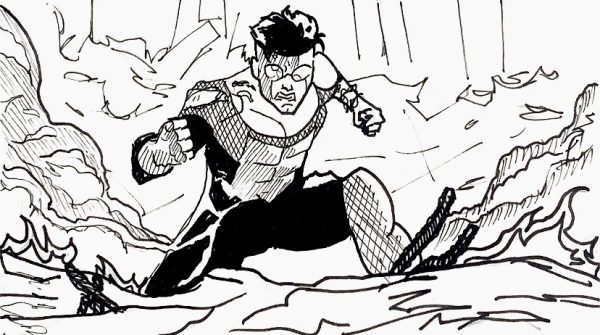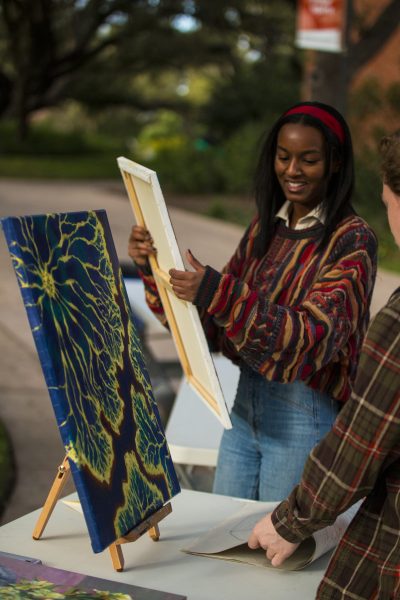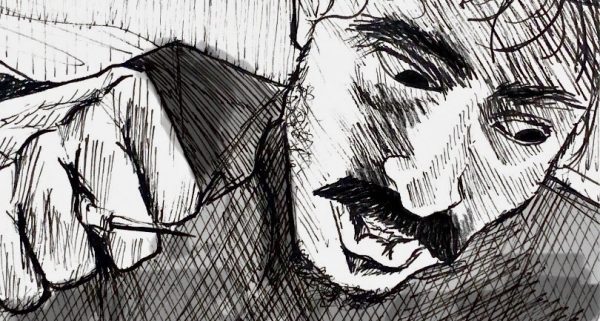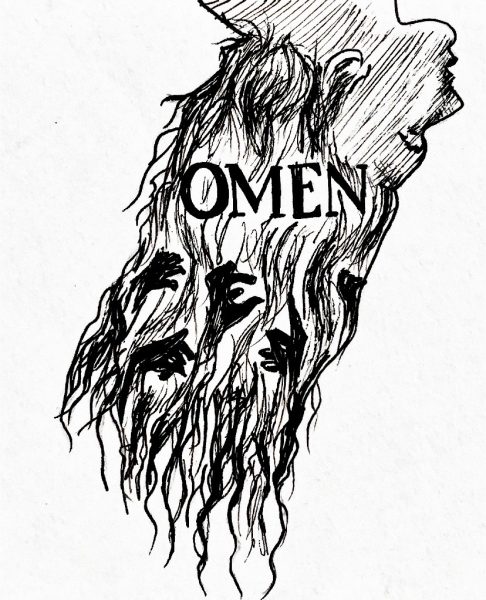Creating diversity in “The Rings of Power”
Concerning hobbits, history and actors of color
“The Lord of the Rings” has long been well-known for its expansive setting, lovable characters and incomparable story. Originally written by J.R.R. Tolkien in the mid-twentieth century, the novels serve as a sequel to The Hobbit and establish the world of Middle-earth as a storied intersection of various races and their cultures. Amazon’s “Rings of Power” TV series is a prequel to its preceding movies, which explore these cultures further. From the trailers and previews thus far, “Rings of Power” is already standing out from the franchise’s other adaptations in one major way.
Despite the immensity of Tolkien’s world, all depictions of Middle-earth have had a tendency to lack diversity among the cast. Though the fictional world is made up of a number of different races with extensive cultures, very few people of color have been involved in adaptations. “The Rings of Power” has addressed this, casting actors of color as men, elves, dwarves and hobbits in the new series.
Compared to The Lord of the Rings movie trilogy of the early 2000s, and even The Hobbit trilogy of the 2010s, this is a significant difference. For context, the Fellowship of the Ring, the main group of The Lord of the Rings, was comprised of nine individuals, portrayed by nine white, male actors. The Company of Thorin Oakenshield in The Hobbit similarly has fifteen characters, portrayed by fifteen white, male actors. In addition to this uniform casting of the lead characters, the only people of color involved with these on-screen adaptations played the roles of orcs, goblins and the like. Despite the intricacy of Tolkien’s fantasy world, there was very little room for actors of color to portray a main protagonist, let alone connect with audiences of different backgrounds.
Tolkien’s original vision for the book series was far from perfect. Many characters were described as fair-skinned and had typically Caucasian traits. However, the books managed to portray the cultures and people of Middle-earth in a way that reflected the multicultural tapestry of today’s society. Tolkien incorporated disputes between various races, most notably between the elves and dwarves, but actively painted racism in a negative light. In addition, over the course of Middle-earth’s history, Tolkien acknowledged numerous groups within the various races and fleshed out each respective history to illustrate the complexity of his world and the characters in it. “Rings of Power” seeks to bring these histories and their connections to the silver screen, emphasizing that there is room for people of all skin colors, genders and backgrounds within Middle-earth.
Characters are written for audiences to identify with, and the range of characters within the franchise is part of what makes Lord of the Rings so timelessly appealing. I, Ava, have loved Tolkien’s work for much of my life, but as a woman of color, it’s hard to rewatch the movies and not see a single person that looks remotely like me. While there are characters in which I see parts of myself, how am I supposed to know that the messages within the story apply to me without seeing someone that looks like me? How do I know that there’s supposed to be room for me in this universe?
Tolkien’s world is so much deeper than Middle-earth. By crafting numerous languages for the sake of his books, fleshing out the different cultures and histories of the various realms and establishing the legacies of his characters, Tolkien made room for diversity in his work. Of course, it might not be what he intended, but people of all backgrounds should be able to see themselves in a franchise as expansive as Lord of the Rings.
At this moment, it’s hard to say whether or not the diverse cast of characters will be as integrated into the story as returning characters in the series’ multi-season plot. We can at least hope that characters of color won’t be written off to the side in order to further white leads’ stories, as they were in franchises like Harry Potter and Game of Thrones. Nowadays, entertainment usually strives to be more inclusive for the sake of audience identification, undoubtedly due to higher levels of accountability that producers face from viewers. With any luck, “The Rings of Power” will recount the histories of Middle-earth in a way that shows audiences of all kinds that there is a place for people like them in fantasy settings rich with diversity. The two of us can definitely say that we’ll be watching.

